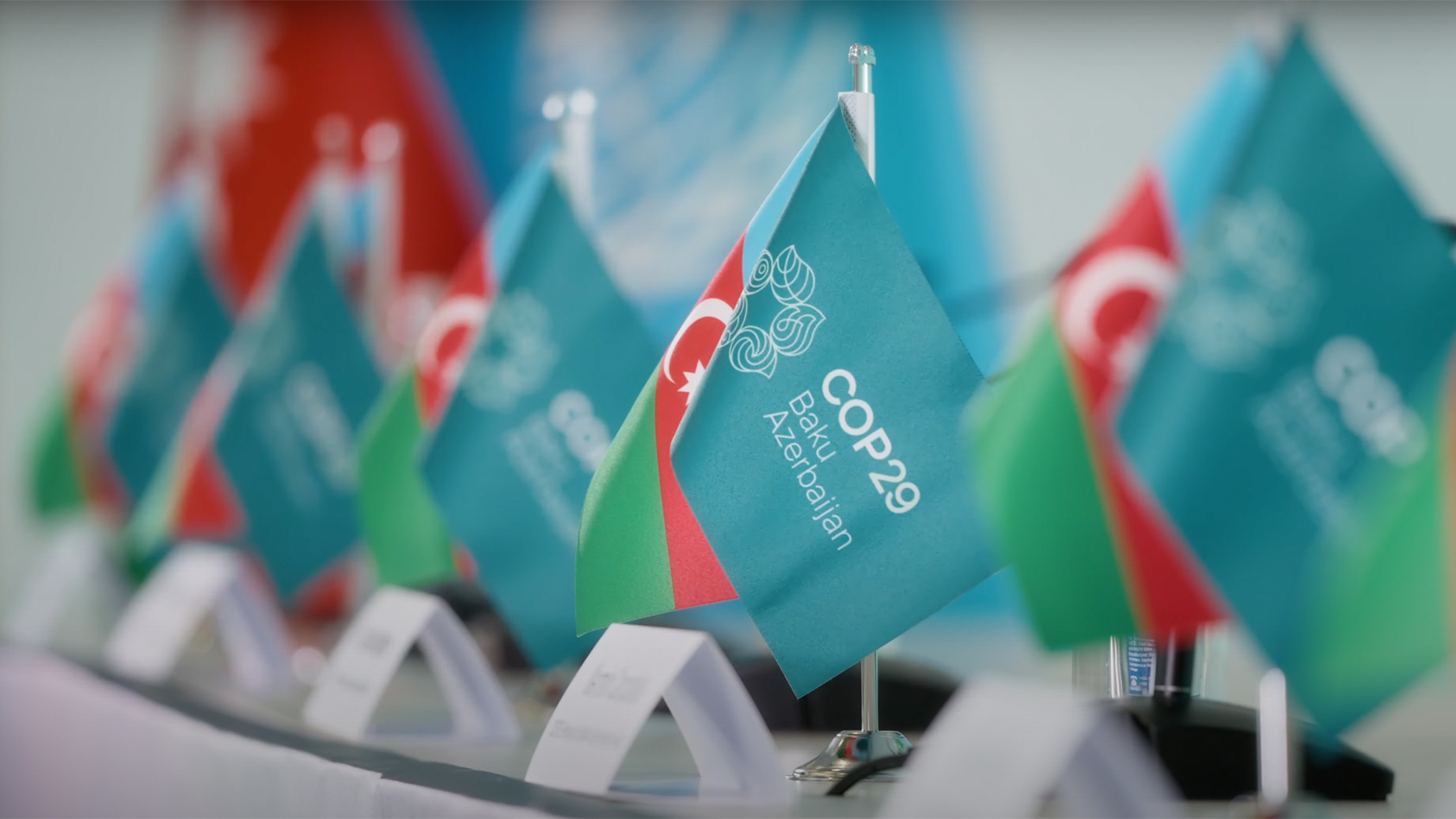
1.0 Introduction
Africa’s voice resonated well at the 28th Conference of the Parties (COP) to the UN Framework Convention on Climate Change (UNFCCC) in Dubai (COP 28), a critical convening for a continent bearing the brunt of climate change despite bearing minimal emissions. Warming faster than the global average, Africa faces intensifying droughts, floods, and cyclones, jeopardizing communities and livelihoods.[1] COP 28 served as a vital platform for African leaders to advocate their priorities. These included securing support to bolster resilience, adapting to inevitable impacts, and navigating a just transition to a low-carbon future. By bolstering resilience, African nations sought to strengthen their capacity to withstand and recover from climate-related shocks and stresses, such as extreme weather patterns, droughts, and sea-level rise. Adapting to inevitable impacts involves taking proactive measures to minimize the negative consequences of climate change that can no longer be avoided, such as implementing early warning systems, improving infrastructure, and diversifying livelihoods.
The groundwork for this unified African voice was laid at the inaugural Africa Climate Summit in September 2023, resulting in the Nairobi Declaration. This declaration significantly influenced COP28 outcomes by advocating for key priorities: an ambitious new climate finance goal, equitable access to adaptation funds, and the operationalization of the Loss and Damage Fund.[2] The declaration emphasized the need for financial reforms and adequate adaptation finance to protect vulnerable nations from climate impacts, resulting in the operationalization of the Loss and Damage Fund with an initial $400 million in pledges at COP28. The African Group of Negotiators and Civil Society Organizations further developed the declaration into a common agenda, contributing to notable outcomes such as the COP28 Declaration on Sustainable Agriculture and the COP28 Declaration on Climate and Health.[3] This paper will specifically examine the climate financing achievements and shortcomings during COP28 in exploring strategies that Africa can adapt to enhance climate change responses leading up to COP29.
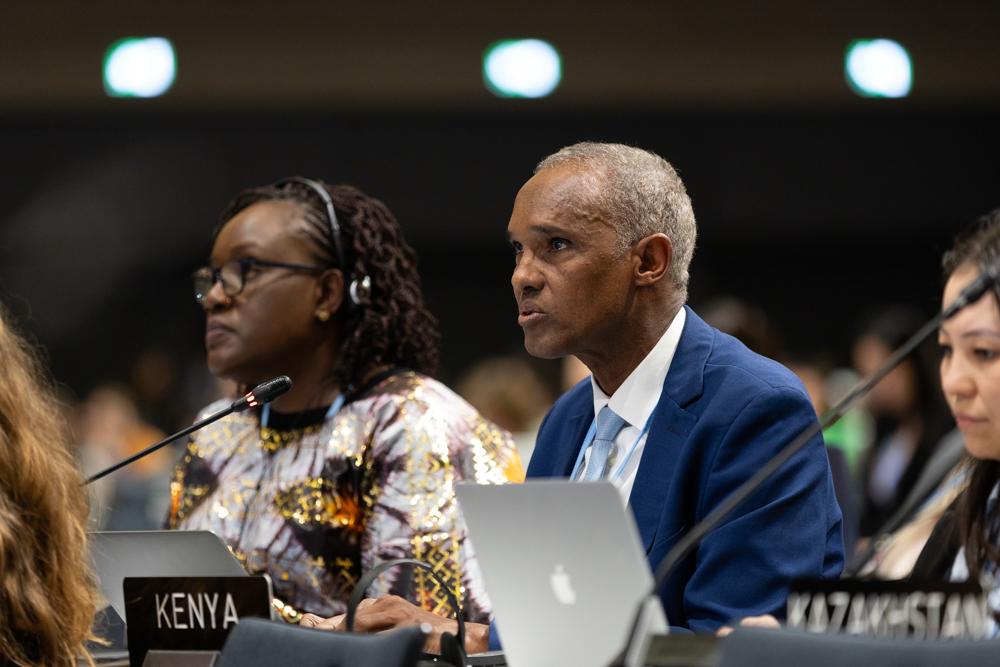
The 2024 UN Climate Change Conference (COP29) is set to take place from November 11-22, 2024, in Baku, Azerbaijan, and is expected to build upon the outcomes and discussions from COP28 in 2023. Key themes will focus on assessing progress towards the Paris Agreement’s long-term temperature goal, advancing the global goal on adaptation, operationalizing the Santiago Network for Loss and Damage, completing the Paris Agreement work program, launching the process to set a new collective quantified goal on climate finance, and promoting a just transition. The major achievements for Africa at COP28 included the creation of a loss and damage fund to help vulnerable countries pay for climate-related damages. This fund formalizes developed countries’ recognition of their historical responsibility for climate change and will provide significant support to vulnerable countries, including those in Africa. Another boost for climate finance during COP28 is the African Development Bank’s “green banks” initiative, to increase Africa’s access to global climate finance from 3% to 10% annually by 2030.[4] Other positive outcomes for Africa were the agreement to transition away from fossil fuels, a commitment that, although lacking specifics, represents progress towards a greener future by reducing reliance on polluting energy sources. Furthermore, the launch of public-private partnerships announced new initiatives to drive green electricity and food systems in Africa through collaboration between governments and businesses, potentially accelerating the continent’s transition to renewable energy and sustainable agriculture.[5]

1.1 Shortcomings of the commitments made at COP28
COP28 marked some significant achievements for Africa, though the continent’s key priorities were not fully addressed. The operationalization of the Loss and Damage Fund, which will provide much-needed support to communities already suffering irreversible climate impacts, was a major win for African nations. Additionally, the new Global Stock take process provided an opportunity for African leaders to advocate for their climate needs and push for greater ambition. However, the conference fell short in securing the transformative climate finance that African countries have long demanded. While some new pledges were made to the Loss and Damage Fund, the $700 million committed falls far short of the $290-$440 billion that Africa requires for loss and damage alone between 2020-2030.[6] A 2020 study by the International Monetary Fund (IMF) found that vulnerability to climate change negatively impacts a country’s creditworthiness. In Africa, the connection between climate change and debt is evident: countries experiencing high debt distress also struggle with climate resilience, scoring below the global average. For example, Mozambique’s debt-to-GDP ratio jumped from 99% to 120% after cyclones Idai and Kenneth in 2019 due to increased public spending. This not only affects economic growth, revenues, and trade but also leads to the revaluation of government assets. Climate change can also lead to political instability, as seen in Somalia, where it exacerbates insecurity and financial market instability. Therefore, it is essential for developed countries to step in and finance the climate change consequences faced by developing nations, which have contributed the least to global carbon emissions. This underscores the importance of continuing and emphasizing the Loss and Damage Fund from COP 28 and making it a more comprehensive focus at COP 29.

At COP28, major financial decisions were deferred to COP29. The initial pledges of $10 million from Japan and $17.5 million from the U.S. for the Loss and Damage Fund were widely seen as insufficient. Africa alone requires at least $2 trillion in investments by 2050, primarily in the power sector, to drive green growth. However, less than 2% of global investments in clean energy have been directed to the continent. For the African Development Bank’s “green banks” initiative[8], the $1.5 billion target by 2030 is a small fraction of Africa’s overall climate finance needs and does not address the unequal distribution of adaptation funding within Africa, with the most climate-exposed countries receiving disproportionately less. Furthermore, the transition away from fossil fuels currently lacks specifics on timelines and targets, making it difficult to hold countries accountable, and does not address the disproportionate impact of climate change on Africa compared to the continent’s low emissions. Moreover, with the launch of public-private partnerships, there is a risk that private sector involvement could prioritize profits over the needs of vulnerable communities. Thus, while these initiatives mark progress, they also highlight significant challenges and gaps that need to be addressed in, COP29 to ensure effective climate action in Africa.
1.2 Strategies for COP29
Significant strides are still needed to address Africa’s need for adaptation and to mitigate the existing climate crisis, while ensuring energy transitions are in place for a more effective climate response in future. As we approach COP29, it is crucial to amplify Africa’s collective voice and secure the necessary support to tackle this crisis. Push for an ambitious new climate finance target that addresses the substantial financial needs of developing countries for both mitigation and adaptation efforts is necessary. This new goal should aim to secure trillions of dollars, with a significant portion directed towards the most vulnerable nations in Africa. The existing annual target has consistently fallen short, necessitating a more comprehensive approach. According to the latest pledges announced at COP28, the Loss and Damage Fund has received initial commitments exceeding $700 million, mainly from the EU, UAE, UK, US, and Japan. However, this amount is significantly less than the estimated $400 billion[9] needed annually to address the increasing losses and damages caused by climate change in developing countries.[10] Additionally, the pledged funds may not be immediately accessible, as they are likely to come from existing budgets and require further negotiations on the fund’s management and distribution. The new goal should include quantified sub-targets for mitigation, adaptation, and loss and damage. Negotiators should advocate for a higher proportion of grants and highly concessional financing specifically for low-income and climate-vulnerable nations to ensure equitable support and effective implementation.
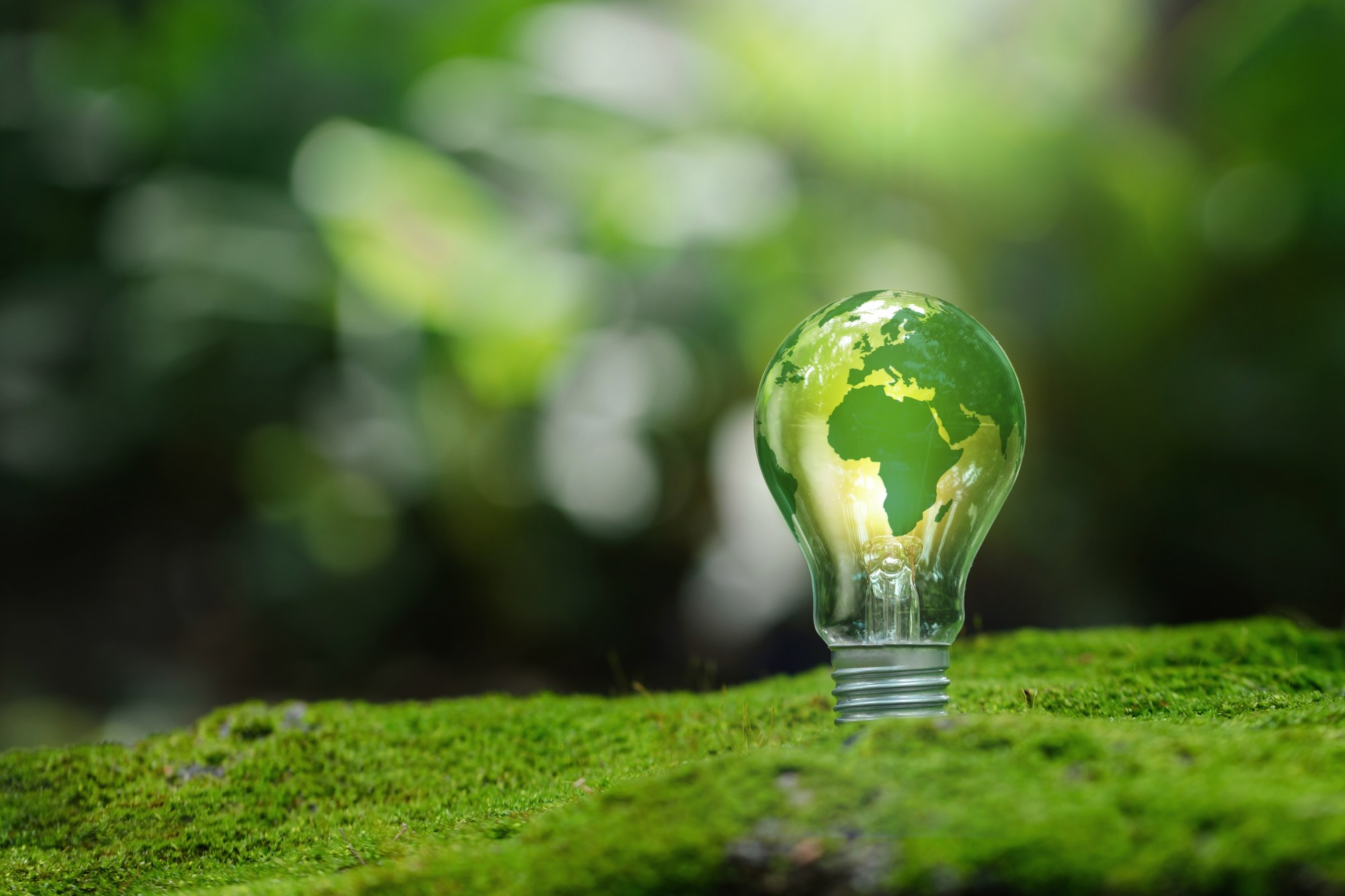
The African Union Commission (AUC) could play a crucial role in coordinating the implementation of the AU Climate Change and Resilient Development Strategy and Action Plan (2022-2032) by facilitating regional cooperation and integrating climate change considerations into key development, trade, finance, environmental, and economic policies, strategies, and action plans across Africa.[11] This would involve working closely with the Regional Economic Communities (RECs) like IGAD to ensure a harmonized and coordinated approach to addressing climate change at the continental level. Moreover, the IGAD Regional Climate Change Strategy and Action Plan (2023-2030) could play a crucial role in informing and shaping the discussions and outcomes at COP29 by showcasing the region’s priorities, such as strengthening early warning systems, promoting climate-resilient development, and mobilizing climate finance, while also sharing best practices and lessons learned from implementing the strategy, which aligns with global frameworks like the Sustainable Development Goals (SDGs) and the Paris Agreement.
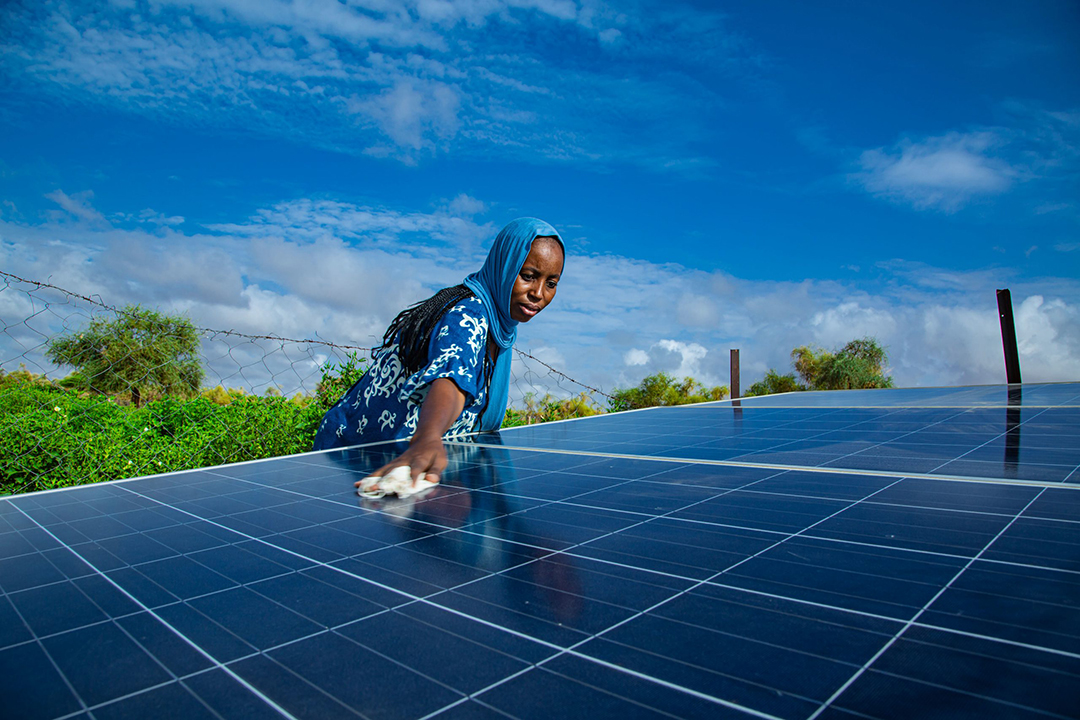
The African Ministerial Conference on the Environment (AMCEN) could provide critical policy guidance and leadership on climate change issues in Africa by convening high-level discussions and facilitating the exchange of knowledge and best practices among African countries. As the custodian of the African Group of Negotiators (AGN), AMCEN plays a pivotal role in coordinating the continent’s position in international climate negotiations, ensuring that Africa’s unique challenges and priorities are effectively represented on the global stage. Furthermore, AMCEN could monitor and evaluate the implementation of the AU Climate Change and Resilient Development Strategy and Action Plan, providing oversight and accountability to ensure that the strategy is being effectively implemented across the continent. This would involve establishing clear indicators and targets, and regularly reporting on progress to the African Union Assembly and other relevant stakeholders.
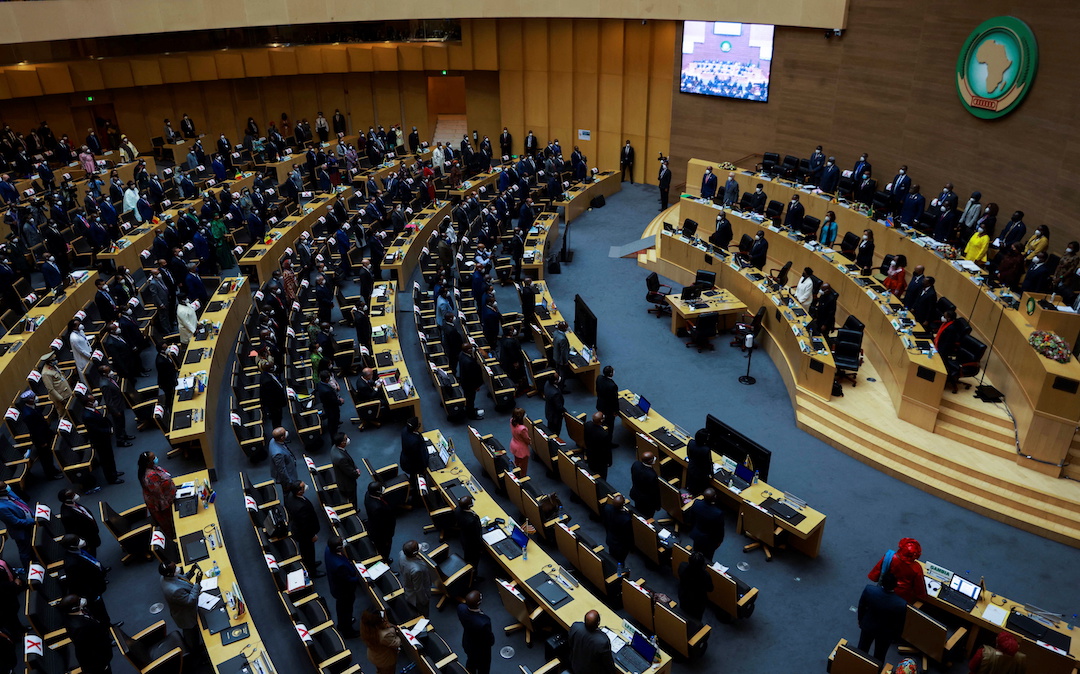
However, it would be imprudent to assume that achieving these priorities during COP29 will not encounter numerous challenges and setbacks. Developed countries have yet to fully meet expectations on their climate finance commitments, leading to ongoing discussions regarding the size, sources, and allocation of the new global finance goal. These nations may also resist the creation of a separate “window” for loss and damage finance within the new Loss and Damage fund. The global economic climate and competing priorities could make it challenging to secure the necessary levels of climate finance.
To ensure that these critical priorities are achieved, African leaders must build strong alliances with other developing nations, leverage their regional platforms, and maintain unwavering unity and determination in the negotiations. They should also advocate for innovative financing mechanisms, such as progressive tax reforms, to generate the resources needed for climate action. Ultimately, COP 29 represents a pivotal moment for African leadership on the global climate stage, and the continent’s future depends on securing the support required to build resilience, adapt to unavoidable impacts, and pursue a just transition.
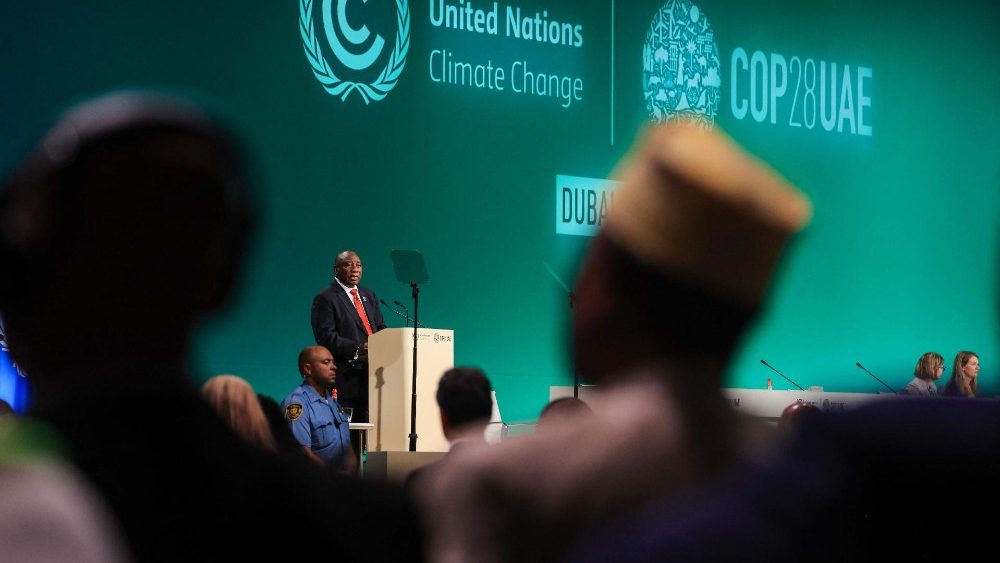
In conclusion, while COP28 was a pivotal moment for African countries in establishing structures to tackle climate change, it is crucial to assess the gaps that remain and how they can be addressed moving forward to COP29. African countries should leverage their regional platforms and partnerships to build solidarity and amplify their demands beyond these negotiations. Although climate finance is crucial for facilitating energy transitions, adaptation efforts, and mitigation response mechanisms, it is vital for African countries to reduce their reliance on external climate finance. Relying solely on funds from developed countries has proven ineffective, and the heavy debt burden to the IMF further hampers their progress. By uniting around shared priorities and demonstrating their climate resilience beyond the funds provided by developed countries, African nations can secure the necessary support to build resilience, adapt to unavoidable impacts, and pursue a just transition to a low-carbon future.
2.0 References
[1] World Resources Institute (2024). What Climate-vulnerable Countries Need on the Road to COP29
[2] At the 2022 UN Climate Change Conference (COP27) in Egypt, an agreement was reached to establish the “Loss and Damage Fund.” This fund aims to help low-income developing countries mitigate damage from climate change-related natural disasters. A Transitional Committee, with representatives from 24 developed and developing nations, was formed to oversee its implementation and related climate finance mechanisms.
[3] The Conversation (2023). African countries at COP28: several big wins and a united voice
[4] African Development Bank Group (2023).COP 28: African Development Bank raises green finance for African countries
[5] World Bank Group (2023). COP28 Event: Climate-Smart Public-Private Partnerships (PPPs) – Building Low-Carbon and Resilient Infrastructure in Partnership with the Private Sector
[6] ISPI 90 (2023). COP28 and Africa: Climate Ambitions Amid Sovereign Threat
[7] Climate Policy Initiatives (2023). Global Landscape of Climate Finance 2023
[8] African Development Bank Group, African Green Banks Initiative
[9] Climate Analytics (2015). Impacts of low aggregate INCDS ambition
[10] Amnesty International (2023). Global: Initial pledges at COP28 to finance the Loss & Damage Fund fall far short of what is needed
[11] The Youth Café (2023). A POSITION STATEMENT ON CLIMATE CHANGE AND HEALTH FOR COP28
